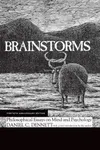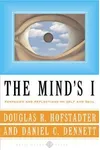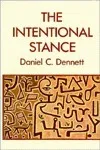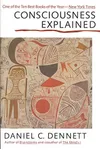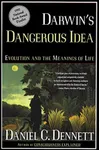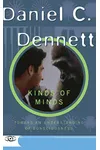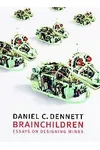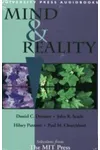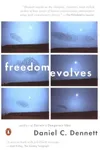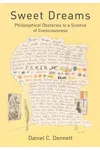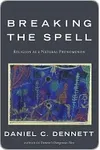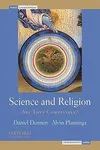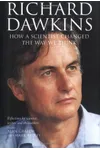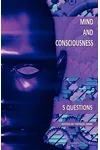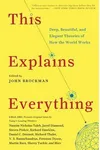Picture an American philosopher who turned complex ideas about the mind into captivating intellectual adventures—meet Daniel C. Dennett! Known for his groundbreaking work in cognitive science and philosophy, Dennett has spent decades unraveling the mysteries of consciousness, evolution, and human thought. With wit and clarity, he’s bridged science and philosophy, earning global acclaim as a leading thinker.
From his role as one of the 'Four Horsemen of New Atheism' to his celebrated books like Darwin’s Dangerous Idea, Dennett’s ideas challenge us to rethink what it means to be human. Ready to dive into his fascinating world? Let’s explore his life, works, and lasting impact!
The Making of Daniel C. Dennett
Born on March 28, 1942, in Boston, Massachusetts, Daniel Clement Dennett III grew up in a world of ideas. His father, a historian, and his mother, an editor, fostered a love for learning. Dennett studied philosophy at Harvard and later earned his doctorate at Oxford under Gilbert Ryle. His early fascination with the mind and science shaped his career, leading him to blend rigorous philosophy with cutting-edge cognitive research. By the 1970s, he was teaching at Tufts University, where he’d spend decades shaping minds.
Daniel C. Dennett’s Unforgettable Works
Dennett’s books are intellectual journeys, blending philosophy, science, and a touch of humor. His 1995 masterpiece, Darwin’s Dangerous Idea, argues that evolution by natural selection explains not just biology but culture and consciousness. It’s a bold, controversial work that solidified his reputation. In Consciousness Explained (1991), he demystifies the mind, proposing that consciousness arises from brain processes, not a mystical 'self.'
Breaking the Spell (2006) tackles religion, examining it as a natural phenomenon, while From Bacteria to Bach and Back (2017) explores how minds evolved from simple organisms to complex thinkers. Dennett’s style is clear yet profound, often using metaphors like 'intuition pumps' to make dense ideas accessible. His works spark debate, inviting readers to question deeply held beliefs.
Whether he’s dissecting free will or atheism, Dennett’s interdisciplinary approach—drawing from biology, psychology, and computer science—sets him apart. His books don’t just inform; they provoke, making philosophy feel urgent and alive.
Why Daniel C. Dennett Matters
Dennett’s impact is immense, reshaping how we view consciousness, religion, and evolution. As a 'New Atheist' alongside Dawkins, Hitchens, and Harris, he championed rational inquiry, influencing public discourse. His ideas permeate cognitive science, inspiring researchers to explore the brain’s mechanics. The Erasmus Prize in 2012 recognized his ability to translate complex concepts for a global audience.
Beyond academia, Dennett’s legacy lies in his call to embrace science without losing wonder. He’s shown that philosophy can tackle life’s biggest questions with rigor and joy, leaving a blueprint for curious minds.
- Birth Date: March 28, 1942
- Key Works: Consciousness Explained, Darwin’s Dangerous Idea, Breaking the Spell
- Awards: Erasmus Prize (2012), Jean Nicod Prize
- Fun Fact: Dennett is an avid sailor, often drawing nautical metaphors in his writing!
Snag Consciousness Explained and dive into Dennett’s mind-bending world of ideas!

